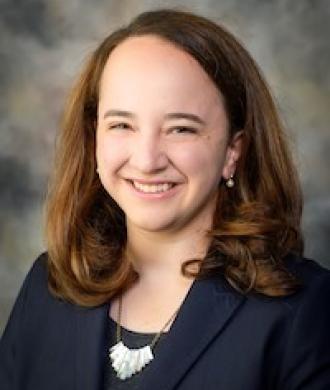About This Program
Designed for primary care and allied health professionals, the Addressing Disruptive Behavior in Early Childhood ECHO program provides practical, evidence-informed strategies for managing disruptive or dysregulated behavior in young children. Participants will engage with a multidisciplinary panel and peers through interactive, case-based sessions focused on effective interventions, family-centered approaches, and cross-sector collaboration.
Topics include evidence-based therapies, highlighting both medical and non-medical interventions, educational interventions and school supports, strategies for supporting families of children with disabilities, and military and community resources.
Participants are encouraged to submit de-identified patient cases for group discussion and learning.
Hub Team

Jennifer L.
Crockett
,
PhD

Andrea Israel, PhD
Who Should Participate?
Physicians, nurse practitioners, physician assistants, psychologists, social workers, and early childhood specialists who work with military families.
Commitment
September 2025 – June 2026
1st and 3rd Mondays
12:00 – 1:00 P.M. ET
This ECHO program will be held on the new iECHO platform. Registrants will receive an invitation via email to create an iECHO account and join the ECHO program. Joining ECHO sessions will require an iECHO account. Sessions will occur via Microsoft Teams, accessed through the iECHO platform.
A short training video is available on how to register in iECHO.
Find help and support with iECHO at the iECHO Help Center.
Post-Test
Those interested in earning ABP MOC Part 2 credits through their participation must complete the post-test questions with a passing score of 75% within 3 attempts.
Continuing Education Credit Information
For information on continuing education credits and accreditation, view the course syllabus here.
Funding
Contact
For more information, contact ProjectECHO@KennedyKrieger.org.



